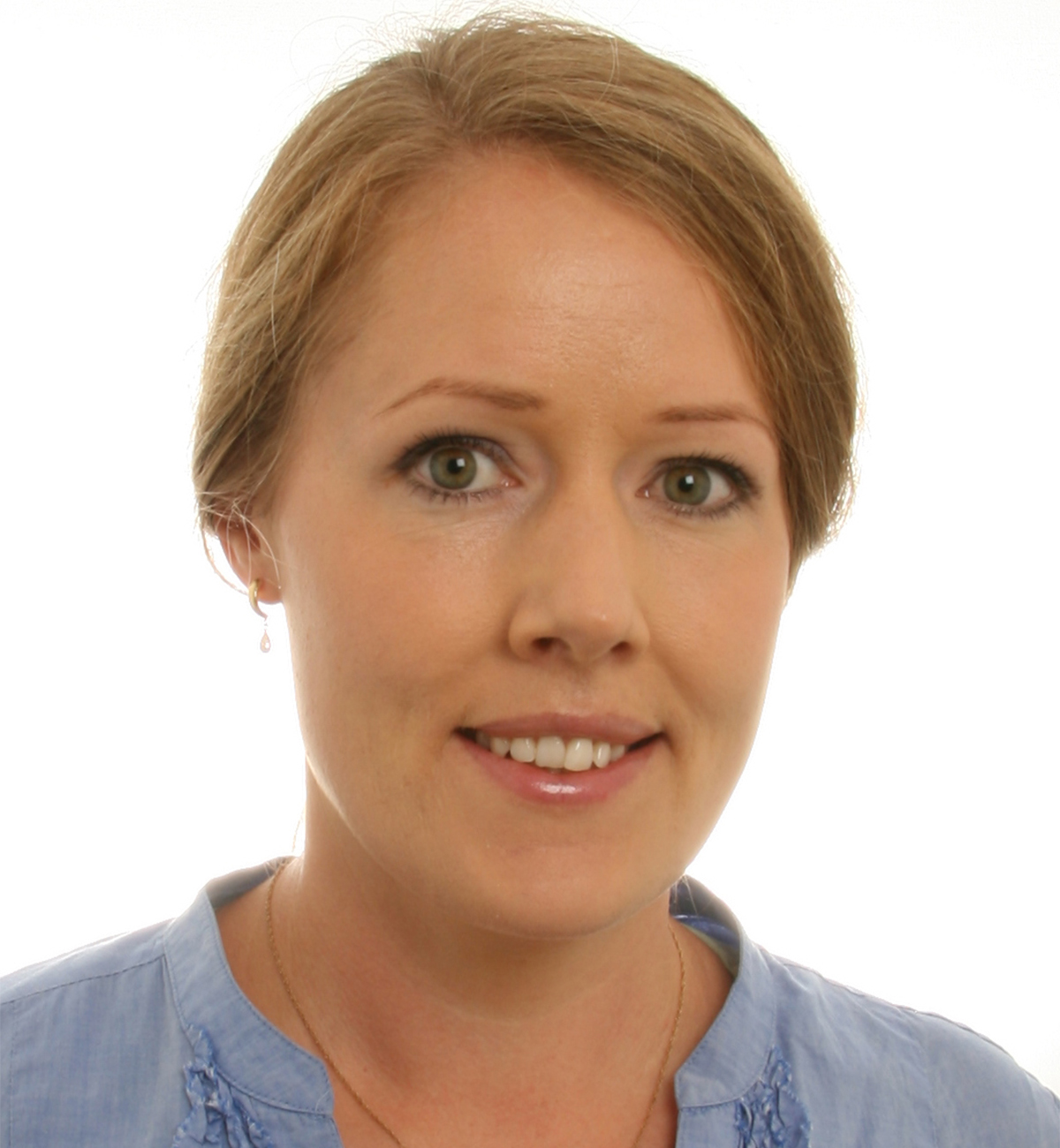Welcome to the third Newsletter in our four-year project about Nordic Fire and Rescue Services (FRS) in the 21st Century. Our year (2023) has been an intensive year of data collection and analysis. Analysis of the present risk landscape in the three participant countries (Sweden, Norway and Denmark) is well underway and will be finalised in 2024.
Analysis of FRS capabilities and leadership qualities needed to tackle new challenges has begun with workshops with the FRS planned for early next year.
In this newsletter, you find a summary of the 2023 research. Welcome to further reading on the website of FIRE21. |
|
 |
| Lotta Vylund, PhD candidate at RISE and Lund University. |
Lotta Vylund, PhD candidate at RISE and Lunds University, Sweden says:
"During this project, I have studied how we solve complex problems in emergencies. I have seen which different types of networks are necessary for effective problem-solving and how these networks work. Also, I have explored what general factors affect the problem-solving process in emergencies.
With my research, I hope to contribute to knowledge about how the Fire and Rescue Service can be conducted to support effective problem solving at the scene of an accident", says Lotta Vylund. |
|
|
|
|
| A case study highlights the impressive handling of an emergency by a rural part-time FRS. The case study shows the important role of motivated and flexible part-time firefighters during incidents. |
| Read about rural teams |
|
| |
|
| Breaking down complex emergency problems into sub-problems is a key strategy employed by FRS, enhancing clarity and resource identification. Nevertheless, it is important to keep the overall view, have different skills and to cooperate. |
| Learn more about problem-solving |
|
| |
|
| A case study of a fire in a residental building and another from a train collision have given valuable insights into FRS operations. Through data from reports, case descriptions and interviews, the researchers have a good picture of working strategies. |
| Read about the case studies |
|
| |
|
| The research has delved into the collective problem-solving process and found the importance of understanding diverse perspectives in emergencies. |
| Learn more about perspectives |
|
| |
You can read more about what we mean by problem-solving networks on our website.
The goal of the project FIRE21 is to understand and improve problem-solving in the FRS in the 21st century. |
| An introduction to FIRE21 |
|
Contribution to the research is always welcome!
Please get in touch with us if you have any ideas or input.
Points of contact within the FIRE21 research:
WP1: Project management
Margaret McNamee, Lund University.
WP2: Network-based-decision-making in the FRS
Gudveig Gjøsund, NTNU Social Research
WP3: Description of the risk landscape - today and tomorrow
Frank Markert, DTU.
WP4: Problem-solving networks of tomorrow
Tove Frykmer, Lund University.
WP5: Dissemination
Lotta Vylund, RISE |
|
|
|